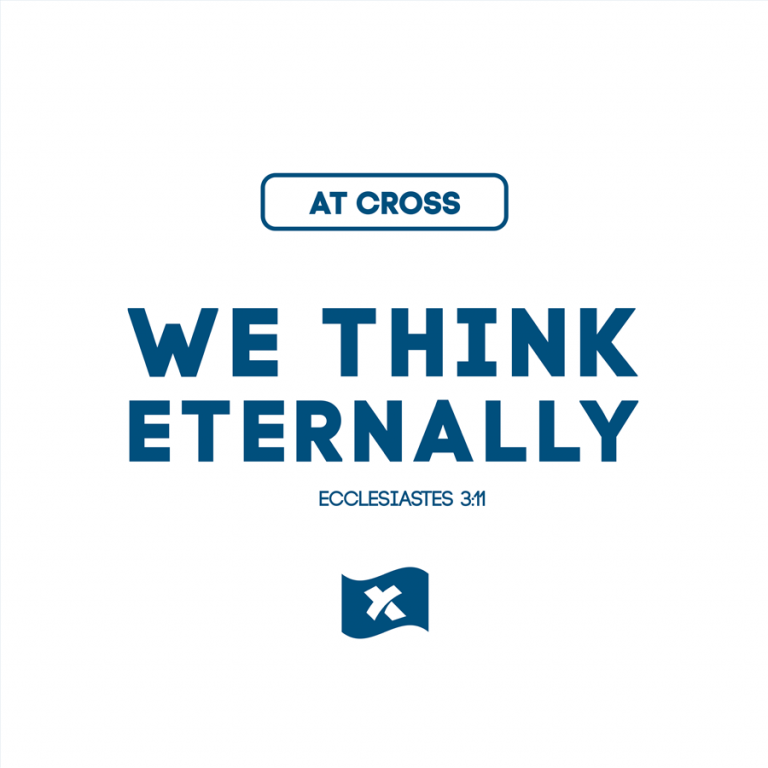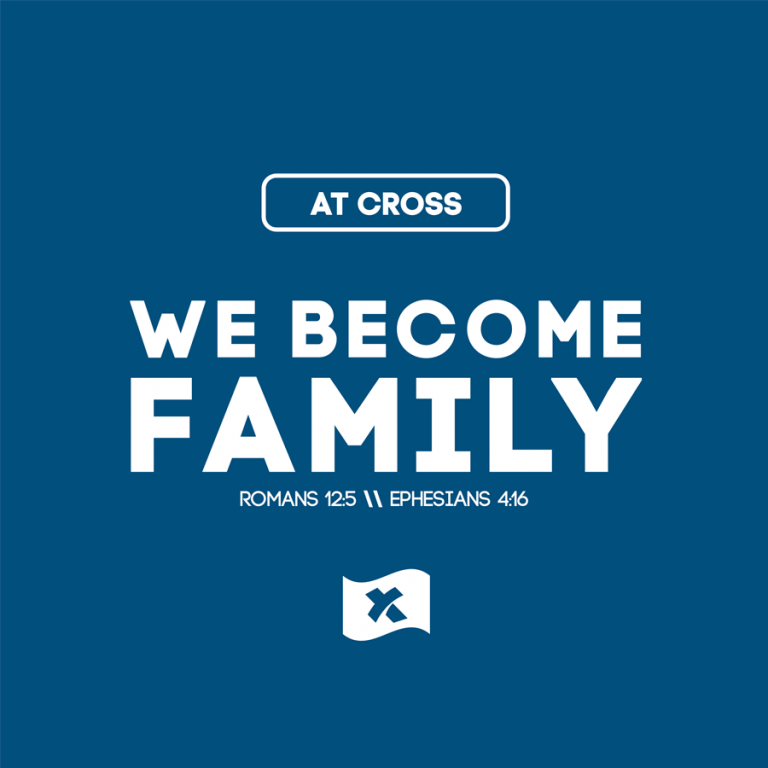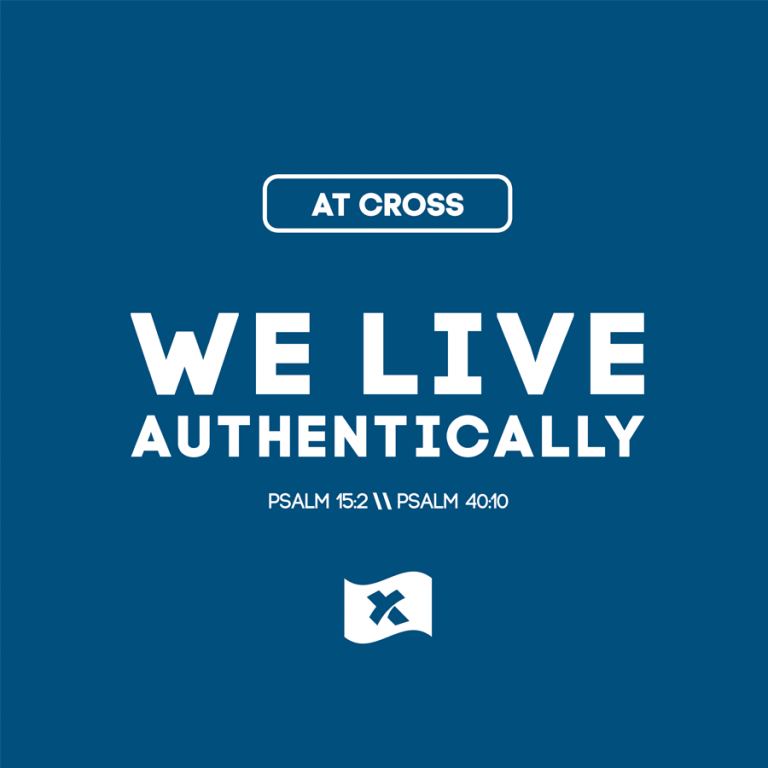-
 OUR VALUES
OUR VALUES
OUR BELIEFS
“In essentials unity, in non-essentials liberty, in all things charity.” – Rupertus Meldenius.
There will always be peripheral doctrines upon which Biblically rooted and committed Christ followers disagree, and we welcome dialogue on many issues related to Christian doctrine. However, we recognize the importance of having a framework around which we grow in maturity and relate to one another as a community of believers, and we hold the following essentials to be at the core of who we are as a community of believers.
The Scriptures, both the Old and New Testaments, are verbally inspired of God and are the revelation of God to man, the infallible, authoritative rule of faith and conduct. The Scriptures are the product of men who spoke and wrote as they were moved by the Holy Spirit. (2 Timothy 3:15-17, 1 Thessalonians 2:13, 2 Peter 1:21).
God is called by many different names because of the different dimensions of His personality, but God is one (Deuteronomy 6:4). God is super-dimensional and eternally self-existent (John 8:54-59). God is omniscient, omnipresent, and omnipotent. He is the creator of the heavens and the earth (Genesis 1 & 2). While God is one, He has revealed Himself in three persons: Father, Son, and Holy Spirit (Matthew 28:19).
Jesus Christ is the second person of the Trinity, the eternal Son of God. The Scripture declares his virgin birth (Matthew 1:18-23); His sinless life (Hebrews 7:26; I Peter 2:22; I John 3:4,5); His miracles (Acts 2:22; 10:37-38); His substitutionary death on the cross (II Corinthians 5:21; I Peter 2:24 & I Corinthians 15:4); His bodily resurrection from the dead (Matthew 28:1-6; I Corinthians 15:4); His exaltation to the right hand of God (Acts 1:9,11; Philippians 2:9-11).
Man was created in the image of God (Genesis 1:26). However, by a voluntary act of the will, Adam and Eve disobeyed God (Genesis 3:6). That first sin had several repercussions. Man was excommunicated from the Garden of Eden (Genesis 3:23), a curse was pronounced (Genesis 3:14-19), the process of physical death began (Genesis 2:17), and man died spiritually (Romans 5:12-19). Sin separated humankind from God (Ephesians 2:11-18) and left man in a fallen or sinful condition (Romans 3:23).
The only means of salvation is Jesus Christ (Acts 4:12; John 14:6). He died on the cross to pay the penalty of our sins (I Peter 2:24). He offers each of us a pardon for our sins (Hebrews 9:26) and wants us to become children of God (John 1:12).
When we put our faith in Christ, it triggers a spiritual chain reaction. We become the Temple of the Holy Spirit (I Corinthians. 6:19). Our names are written in the Lamb’s Book of Life (Revelations. 3:5). We become citizens of heaven (Philippians. 3:20-21). We are given eternal life (John 3:16). We are adopted and become children of God (Galatians. 4:4-7). Our sins are forgiven and forgotten (Heb. 8:12). We are credited with the righteousness of Christ (Romans. 4:4-5). We are born-again (John 3:3). God takes ownership of us (I Corinthians. 6:20). We receive an eternal inheritance (Ephesians 1:13-14; I Peter 1:3-5).
The evidence of salvation is two-fold. The internal evidence is the direct witness of the Holy Spirit (Romans 8:16). The external evidence is the fruit of the Spirit (Galatians 5:22-23). We become a new creation (II Corinthians. 5:17) and are transformed into the image of Christ (II Corinthians. 3:18).
Baptism in Water
- The Scripture teaches that all who repent and believe in Christ are to be baptized by immersion (Matthew 28:19). Baptism is a public profession of faith in Christ. It is symbolic of the death, burial and resurrection of Christ. It is a declaration to the world that we have died to sin and have been raised with Christ to walk in newness of life (Romans 6:4).
Communion
The Lord’s table consists of two elements: the bread and cup. Those elements are symbolic of the body and blood of Christ. Communion is a memorial of Christ’s sufferings on the cross and a celebration of our salvation. It is an opportunity for a believer to examine themself and experience forgiveness. (Luke 22:26-28 & I Corinthians 11:23-26)
The Church is the body of Christ (I Corinthians 12:12-27) and has a three-fold purpose: To evangelize the world (Acts 1:8; Mark 16:15-16), to worship God (I Corinthians 12:13), and to equip for ministry (Ephesians 4:11-16; I Corinthians 12:28, 14:12).
The nine fruits of the Spirit (Galatians 5:22-23) are the by-product of a Spirit-filled life and evidence of spiritual maturity. The nine gifts of the Spirit are different manifestations of the Spirit to build up the body (I Corinthians 12:1-11). We are instructed to diligently seek the gifts (I Corinthians 12:31, 14:1), but they must be exercised in an orderly way (I Corinthians 14:26-33) in the context of love (I Corinthians 13:1-13). The promise of the baptism in the Holy Spirit as a commensurate experience is available to all believers with the evidence of speaking in other tongues, as well as the demonstration of spiritual power in daily life (Acts 2:4; Acts 10:44-46; Acts 19:6; Acts 1:8; Matthew 3:11).
Sanctification is an act of separation from that which is evil, and of dedication unto God. (Romans 12:1,2; I Thessalonians 5:23; Hebrews 13:12) The Bible teaches that, without holiness, no man can see the Lord. We believe in the Doctrine of Sanctification as a definite, yet progressive work of grace, beginning at the time of salvation, and continuing until the return of Christ (Hebrews 12:14; I Thessalonians 5:23; II Peter 3:18; II Corinthians 3:18; Philippians 3:12-14; I Corinthians 1:30).
Healing is for the physical ills of the human body, and is available to us by the power of God through the prayer of faith and the laying on of hands. Jesus Christ made this available to all believers at Calvary (Mark 16:18; James 5:14-15; I Peter 2:24; Matthew 8:16,17; Isaiah 53:4-5).
God’s plan is for us to walk in holiness in all areas, especially in what we do with our bodies. God’s Word affirms heterosexual union for married persons and committed celibate behavior for unmarried persons as the only Biblical options for human sexual conduct. All alternative sexual activity outside of heterosexual marriage is described as sin (Genesis 1:27; 2:24, I Thessalonians 4:3-8; Hebrews 13:4; Romans 1:18-32; I Corinthians 6:9-11).
The angels said to Jesus’ disciples, “This same Jesus, who was taken up from you into heaven, will so come in like manner as you saw Him go into heaven.” His coming is imminent. When He comes, “… And the dead in Christ will rise first. Then we who are alive and remain shall be caught up together with them in the clouds to meet the Lord in the air…” (Acts 1:11; I Thessalonians 4:16-17) Following the Tribulation, He will return to the earth as King of kings and Lord of lords, together with His saints, who will be kings and priests. He will reign for one thousand years (Revelation 20:6).
There will be a final judgment in which the dead will be resurrected and judged according to their works (Matthew 25:31-46; Romans 2:1-9). Everyone whose name is not found written in the Book of Life, along with the devil and his angels, will be consigned to everlasting punishment in the lake of fire (Revelations 20:11-15). Those whose names are written in the Book of Life will be resurrected and stand at the Judgment Seat of Christ to be rewarded for their good deeds (I Corinthians 4:5).
















